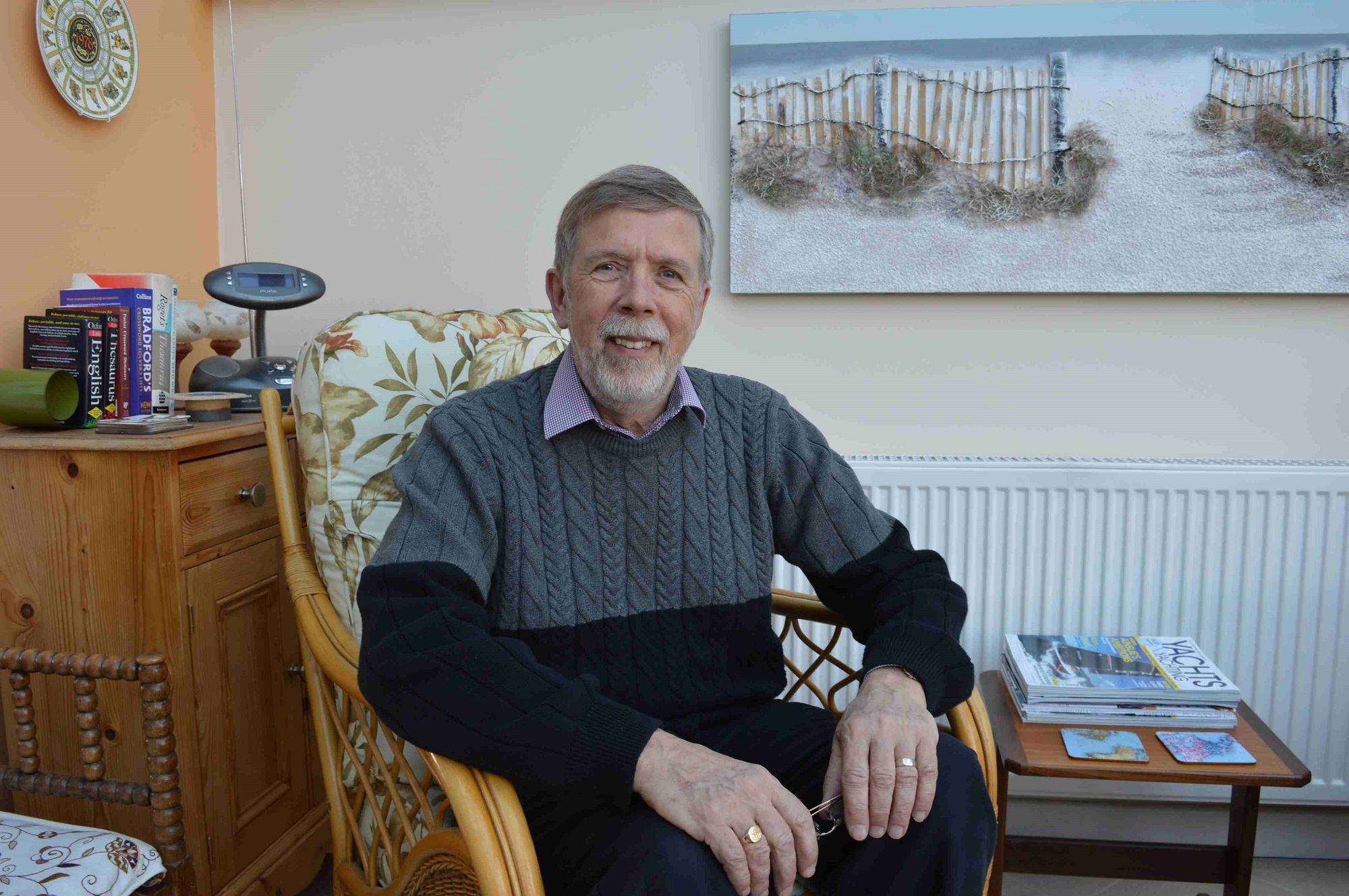
A retired Methodist Minister from Cambridge is taking part in a rare cancer trial in the hope that he can help other patients and the NHS in the future.
Stephen Burgess, 68, was diagnosed with a rare genetic condition after a cancerous growth removed from his leg revealed evidence of a faulty gene. People with the rare condition, called Lynch syndrome, have an increased chance of getting certain cancers and the race is on to find a way to help.
Although the growth was fully removed, Stephen decided to get involved in a research trial happening at his local hospital, not just to help himself as he is still at risk of developing further cancers, but to try to help other patients in the future as well.
About the trial
The national trial, called CaPP3 (Cancer Prevention Programme) tests if lower doses of aspirin are effective in reducing the risk of bowel, gynaecological, skin and other Lynch syndrome (LS) cancers developing whilst minimising the risk of side effects. The CAPP2 study showed that taking 600mg for at least 2 years saw a 63% reduction in colorectal cancer and a comparable reduction in other cancers associated with LS. Volunteers on the trial are separated into three groups and are asked to take 600, 300 or 100 mgs of aspirin per day.
Stephen says, “I was contacted to see if I’d be willing to join the study and I thought ‘fine, more than happy to do that’. There’s good support and there is always the opportunity to pull out if I want to. I’ve just got to remember to take the pills!
"We all benefit, or hope to benefit from medical research and we wouldn’t unless people sign up to take part in it. It benefits an individual to do it because you have an increased chance of heading off a cancer and it’ll hopefully help other people. It might even save our poor old NHS a few million pounds further down the line if it cuts down the number of people with serious cancers.”
What was involved?
The aspirin packs are supplied to the volunteers every 6 months and Stephen speaks to the team at Cambridge University Hospitals regularly to make sure he is not experiencing any side effects, which so far he has not. The lead research team, led by Professor John Burn at Newcastle Upon Tyne Hospitals NHS Foundation Trust recently decided to extend the study and Stephen agreed to continue taking part, as well as signing up for a second trial at the hospital!
Treatment received as part of the research is in addition to Stephen’s usual NHS care and he is grateful to have the opportunity to be involved. He said, “From my point of view, I’m regularly monitored and I’ve got a contact at the hospital so if I ever feel concerned about anything I can just get straight in touch and don’t need to go via my GP. I get a sense of reassurance from taking part and it’s quite a privilege to have that monitoring.”
Professor Eamonn Maher, Professor of Medical Genetics and Genomic Medicine at the University of Cambridge, and NIHR (National Institute for Health Research) Genetics Specialty Lead for the Eastern region expressed his gratitude to participants like Stephen, saying, "We are humbled by the generosity of individuals like Stephen who give their time and effort to take part in research to find treatments for those with rare conditions now and in the future.
Here in the Eastern region, researchers are striving to increase innovation in clinical genetics research, cementing the UK's position as a leader in the field, but we could not do this without the valued input of patients and NHS teams."
About the CaPP3 study
The CaPP3 study is funded by Cancer Research UK and supported by the NIHR.
For further information about the CaPP3 trial visit www.capp3.org or you can watch a film from the study lead Professor John Burn.
Find cancer related studies here.
Tell us your story
Have you taken part in a research study? Do you want to share your story like the others on this page? Let us know by emailing bepartofresearch@nihr.ac.uk




